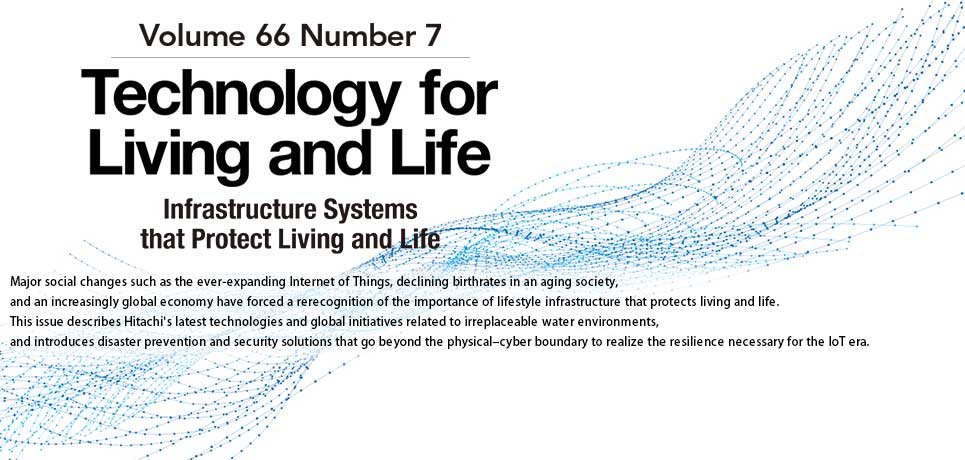
Major social changes such as the ever-expanding Internet of Things,declining birthrates in an aging society, and an increasingly global economy have forced a rerecognition of the importance of lifestyle infrastructure that protects living and life. This issue describes Hitachi's latest technologies and global initiatives related to irreplaceable water environments, and introduces disaster prevention and security solutions that go beyond the physical–cyber boundary to realize the resilience necessary for the IoT era.

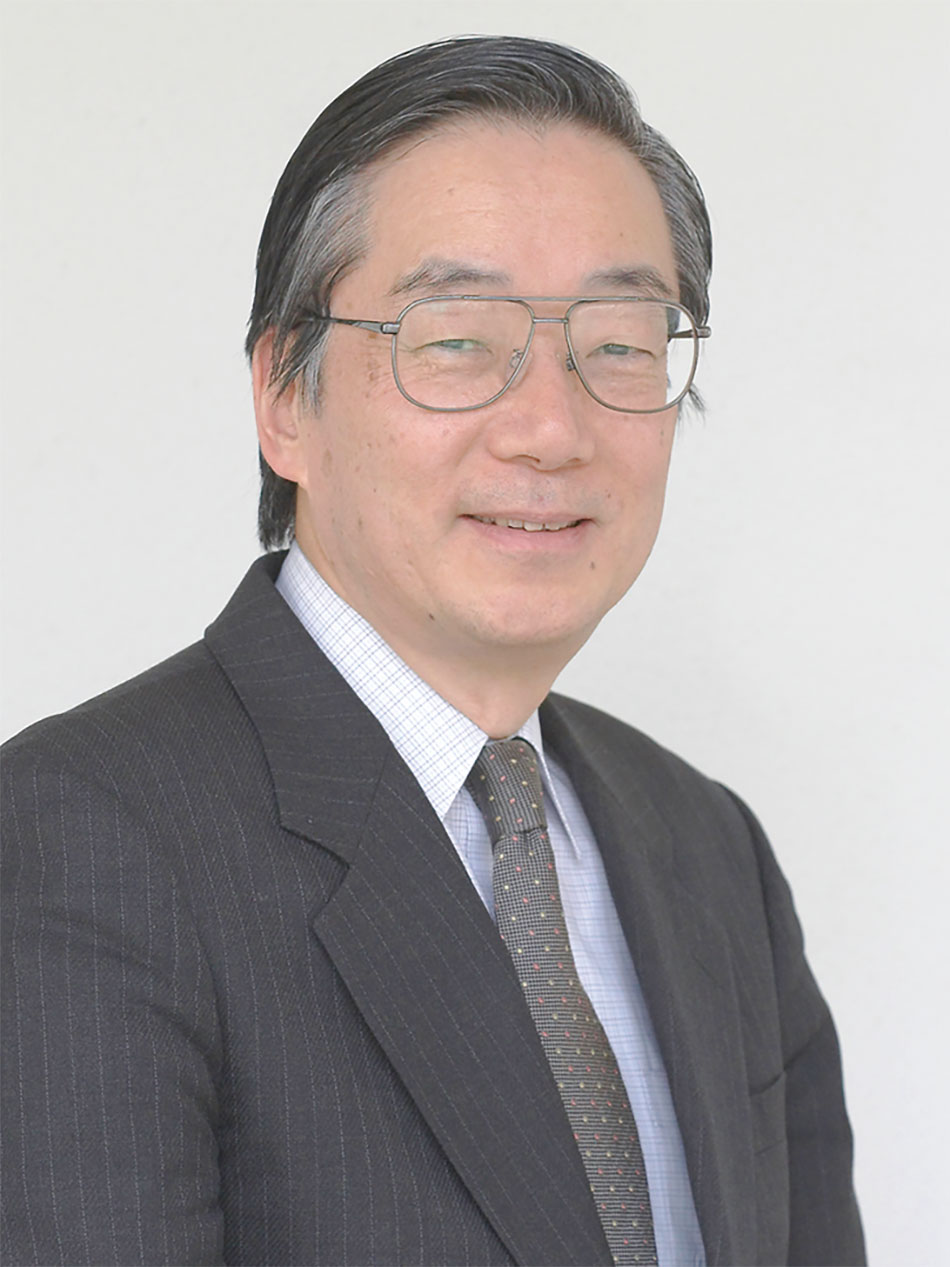
Humans have prospered through communal living since ancient times. The Ancient Romans did not use the term “infrastructure” to describe their road networks, water systems, and various social systems, but rather called them “great works needed for people to live as human beings.”
In this complicatedly evolved modern society, what is needed for people to live as human beings. Shinichiro Ohgaki, the President of Japan Water Research Center explains.
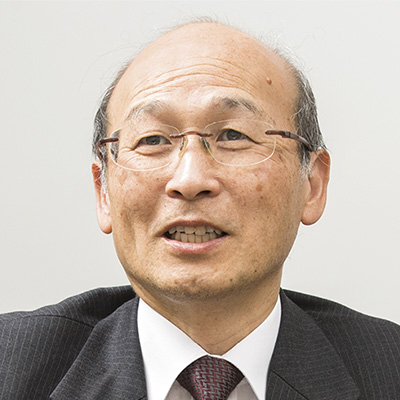
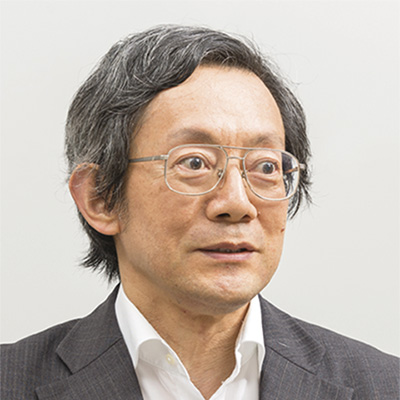
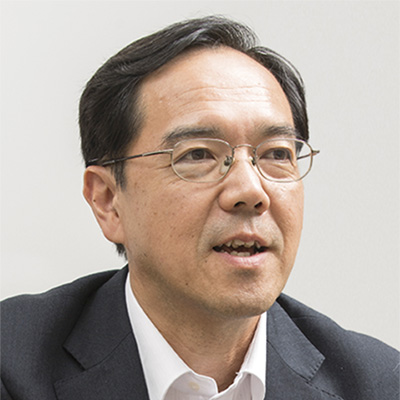
As the social environment dramatically changes, the previous public consciousness that “water and safety are free” has started to change in Japan, forcing a re-evaluation of the value of lifestyle infrastructure systems. What elements are necessary to maintain and further improve values in response to social change? We asked Professor Seiichi Shin of the University of Electro-Communications, an expert in control systems and security for vital infrastructure and autonomous distributed systems.

Dramatic progress is expected but at the cost of increasing uncertainty worldwide. Resilience is thus the key to achieving sustainable development. This article examines how Hitachi's latest initiatives in the fields of the water environment, disaster prevention, and security aim at supporting the safety and security of people’s lives while improving social resilience.

The state of social infrastructure management is entering a turning point, especially in developed countries. A joint venture led by Hitachi, Ltd. was entrusted with full–service outsourcing of water supply and sewerage projects in Toda City, Saitama Prefecture. City officials and Hitachi project managers were asked about the background, significance, and effects so far of this transition to full–service outsourcing.


Water shortages are a major threat globally but their impact is more severe in Africa in general and in Sub-Saharan Africa in particular. Including cholera outbreaks due to unhygienic sources of drinking water or poor crop yields due to scarce rainfall, the impact of drought on Africa is reported from Johannesburg Branch Office, Hitachi Europe Ltd.

With both developing and developed nations facing a wide variety of emerging problems relating to the water environment, including water pollution due to economic development and water shortages due to population growth in the former case, and the aging of infrastructure and the handing on of technical know-how in the latter, as well as flooding and drought, the question of how to utilize and conserve limited water resources is an issue for the entire world. By combining the latest operational and information technologies with products, technologies, and know-how built up over many years, Hitachi is continuing to engage in activities aimed at maintaining a healthy and sustainable water environment.
As the state of society becomes less stable, new threats such as continuing instances of terrorist or cyber attacks are affecting all parts of the world. Japan, meanwhile, with its greater risk of natural disasters than most countries in the world, needs to face up to events such as major earthquakes and heavy rain. Given these circumstances, the social infrastructure that supports people’s way of life needs to demonstrate flexible and robust resilience. Hitachi intends to continue supplying solutions that provide safety and security to people's way of life and to communities and businesses in both the physical and cyber realms.